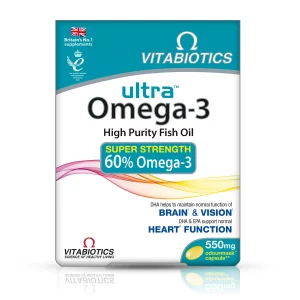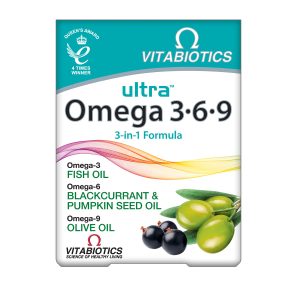Pregnant Women Missing DHA Omega-3
Pregnant and Breastfeeding Women Missing DHA Omega-3
Although they are vital for infant development, only 27% of pregnant women take enough Omega-3 to meet current European Union recommendations, new study finds.
Study published in the journal Applied Physiology, Nutrition and Metabolism estimated the total intake of EPA and DHA (Omega-3) in a group of 600 women finding that almost three quarters of pregnant women and recent mothers do not meet intake recommendations for DHA.
DHA and Child Mental Health and Development
In the study of women during pregnancy and at three months postpartum, researchers lead by Catherine Filed from Canadian University of Alberta aim to understand the relationship between maternal nutrient status during pregnancy and maternal and child mental health and development.
The results also underline that 44% of women in the group who reported taking a supplement source of Omega-3 long chain polyunsaturated fatty acids during pregnancy were no longer taking these supplements postpartum, during at least three months breast feeding period.
Omega-3 recommendations
The European Commission and the International Society for the Study of Fatty Acids and Lipids specifically recommends that pregnant and lactating women should consume a minimum of 200 mg DHA per day. American Dietetic Association recommends that all healthy adults, including pregnant and lactating women consume at least 500 mg per day of Omega-3 fatty acids.
Omega-3 Fish Oil and Pregnancy: Basics
The two most beneficial omega-3s are EPA (eicosapentaenoic acid) and DHA (docosahexaenoic acid). Although EPA and DHA naturally occur together and work together in the body, studies show that EPA supports the heart, immune system, and inflammatory response while DHA supports the brain, eyes and central nervous system which is why it is uniquely important for pregnant and lactating women.
Approved health claims for DHA:
Docosahexaenoic acid (DHA) maternal intake contributes to the normal brain development of the foetus and breastfed infants.
Docosahexaenoic acid (DHA) maternal intake contributes to the normal development of the eye of the foetus and breastfed infants.
Docosahexaenoic acid (DHA) intake contributes to the normal visual development of infants up to 12 months of age.
Source:
Xiaoming Jia, Linda McCargar, Catherine J. Field, et.al: Women who take n-3 long-chain polyunsaturated fatty acid supplements during pregnancy and lactation meet the recommended intake: Applied Physiology, Nutrition and Metabolism; published online 25. March 2015









